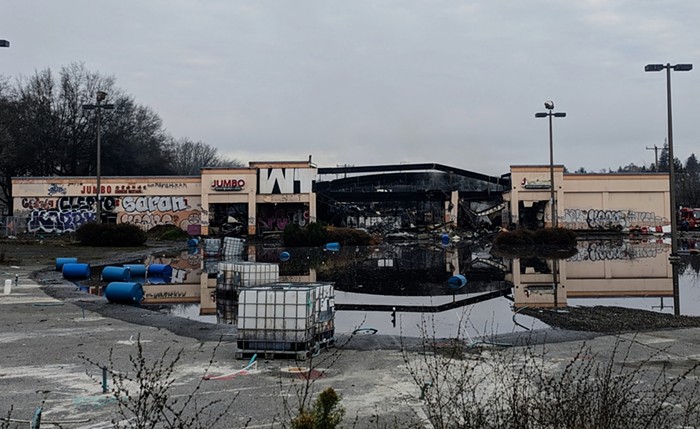
The Seattle Times has been banging a familiar drum recently: Don’t increase regressive taxes, especially if government is not using its existing funding wisely.
This ignores the fact that Seattle residents’ taxes fall in the middle of the pack among King County’s 39 cities and among our country’s largest cities. Property and sales taxes, though regressive options, are the only ones available to city and county leaders in Washington State. A state income tax, an undeniably more progressive option, was opposed by the Seattle Times the last time it appeared on the ballot.
In 2016, All Home and its partners at the City of Seattle, King County and United Way launched an effort to improve the efficiency of homelessness programs, to house more people with existing resources, by conducting a third party, independent review.
The analysis confirmed that we needed to expedite and expand the changes we had already begun to make, including reducing barriers to housing and shelter (such as sobriety or criminal history), increasing funding for rental assistance, and focusing all efforts on quickly finding and keeping people in housing. The review also concluded that we have many great programs, but the sum of those programs makes for a confusing system for people experiencing homelessness to navigate.
People are resilient, they’re fighters, they’re protectors of their children and their futures. People do not want to become homeless. They want housing and jobs. Homelessness is temporary for most people, a condition, not a personality trait. A recent Seattle survey found that 93 percent of people living in tents and cars would move into housing if they could. Most said they primarily need help with rent, finding more employment (40 percent are employed), and getting mental health or substance use treatment. And 87 percent were in housing here in Washington before becoming homeless.
We now have a cohesive strategy, and are executing it with an urgency befitting the homelessness emergency. This person-centered, housing first approach is working: 7,500 households moved from homeless to housing last year, including 3,300 from temporary programs to permanent housing. That’s 50 percent more than in 2013. People are now homeless for fewer days, and fewer are returning to homelessness.
Programs like Mary’s Place, Catholic Community Services, DESC, Compass Housing, Sophia’s Way, Solid Ground and many more are seeing results, including establishing housing-focused 24/7 shelters, preventing people from losing their housing, and creatively housing those who have recently become homeless. Training for front line staff and improved County data systems are changing the way people work. Competitively-bid funding decisions are now the norm in order to receive federal, state, local or philanthropic funding.
The cost of reducing homelessness has changed in Seattle and King County in the past few years. The consultant review was based on 2013-2014 data. Rents have increased 57 percent in the past six years, six times the national rate. Just taking rent increases into account, not to mention the need to pay staff more so they can also live here, the costs to provide rental assistance to people living outside have increased significantly in four years. That number keeps rising with the cost of land, property, and rental units. Also contributing to homelessness is our underfunded state mental health system and a substance use treatment system that is not able to keep pace with the pharmaceutical industry-created opiate crisis.
The federal government is aiming to slash housing and healthcare budgets, and at the state level, House Bill 1570 (sponsored by Rep. Nicole Macri, 43rd) needs to pass through the state legislature to provide sustained revenue to address homelessness. If it does, it will help but it still will not be enough to meet the exponentially growing need.
In 2017, it has become abundantly clear that we're going to have to address our homelessness, housing affordability and behavioral health crises locally.
Mark Putnam is director of All Home, the countywide agency that coordinates homeless services.


















